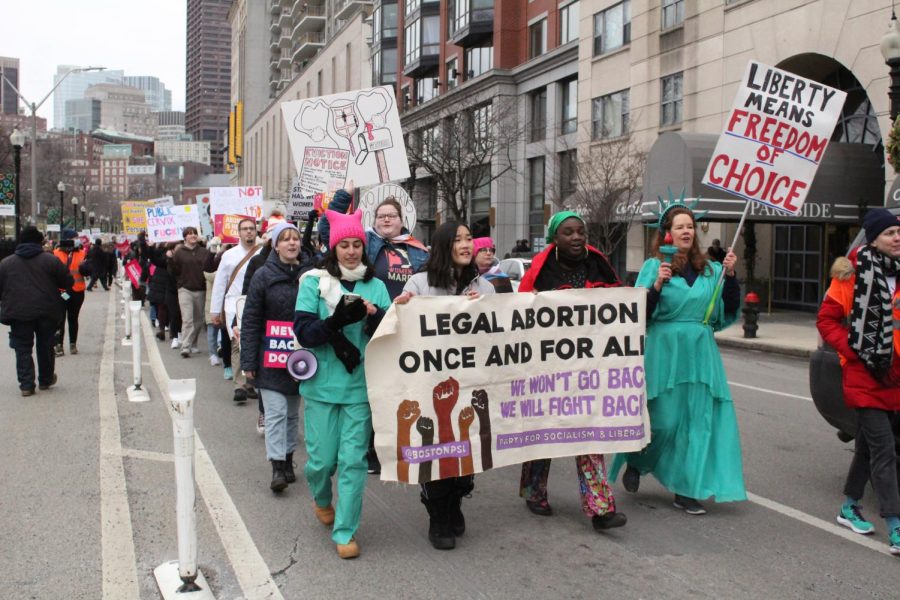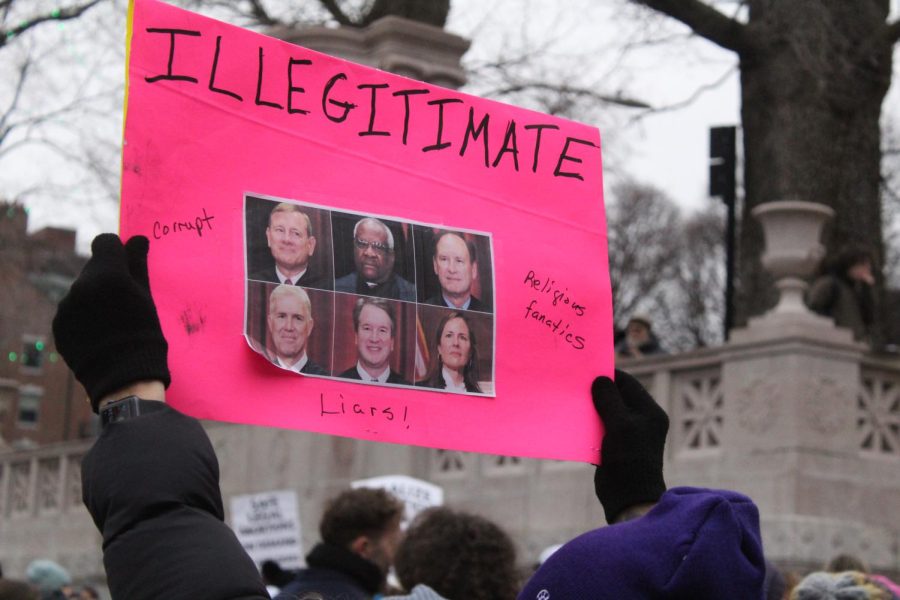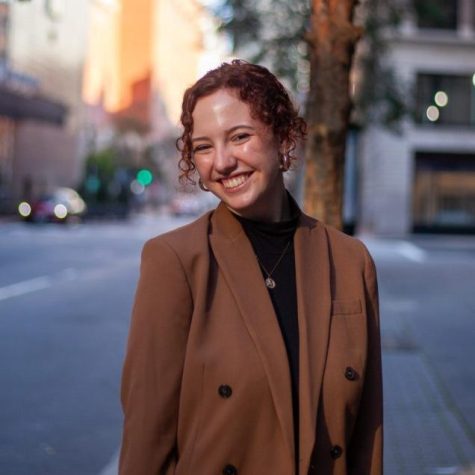Members of the Greater Boston community took to the streets on Jan. 22 for the Women’s March, demonstrating in support of abortion access and freedom for women around the world.
The Suffolk University chapter of Planned Parenthood Generation Action marched in the demonstration, which has been an annual event across the nation since 2017.
“PPGA participated in the march because activism is a part of our own mission statement. We want to make positive change in Boston so that’s exactly why we went,” said Natalie Lapointe, vice president of PPGA.
Berklee student and Israeli artist Romi Mor performed to kick off the event, followed by speakers ranging from a Planned Parenthood doctor to an illegal abortion survivor to a member of Independent Iranians of Boston.
Boston City Councilor At-Large Ruthzee Louijeune and District One City Councilor Gabriela Coletta both spoke, each bringing passionate words advocating for collective action.
“We are talking about the fight for justice. We are talking about health care, we are talking about health care before, before profit, we are talking about centering the needs of those who are too often marginalized,” said Louijeune. “The power really does exist in each and every one of us using our abilities and our talents to fight back and to stand up.”
Coletta said the Women’s March and the fight for nationwide and equitable access to abortion is a deeply personal issue.
“On the 50th anniversary of Roe v. Wade, I wish we would be celebrating this enduring and sacred doctrine that protects bodily autonomy and fundamental human dignity at its core. But instead, we are mourning the loss of our constitutional rights and reproductive freedom,” said Coletta.
Coletta added that to create change, there needs to be a collective movement to stand up for the right to abortion for those across the country who have lost or have limited access to abortion.
“I am asking for those whose lives literally depend on it, that we dig deep past our collective grief. My grief is a very deep shadow and resolves the determination of the generations before us and keeps fighting,” said Coletta. “And we need to fight together because we know that our destinies are tied.”
Lapointe said the Women’s March is more than just an event, but a nod to the ongoing suffrage movement.
“To me, the annual march is a reminder that our rights are in danger still, even 50 years after Roe. I think to both PPGA and myself, this march is about pointing out the flaws in our government in hopes someone will finally listen,” said Lapointe.
Lapointe highlighted that abortion is an intersectional issue, with people of color being disproportionately affected by restricted access.
“Abortion bans target minorities since anyone who is not rich and white are more likely to not be able to afford abortions or travel to get on,” she said.
According to the National Women’s Law Center, abortion access has a significant impact on women’s economic status. Following Roe v. Wade, “women—particularly Black women—experienced significant increases in school graduation and employment rates.”
Those who are denied an abortion are four times more likely to live below the poverty line, compared to those who received a wanted abortion, reported the center.
For Lapointe, standing up for those unable to receive abortions was a primary reason for attending the march.
“I wanted to participate in the Women’s March so I could advocate for my own reproductive rights as well as others,” she said.





















